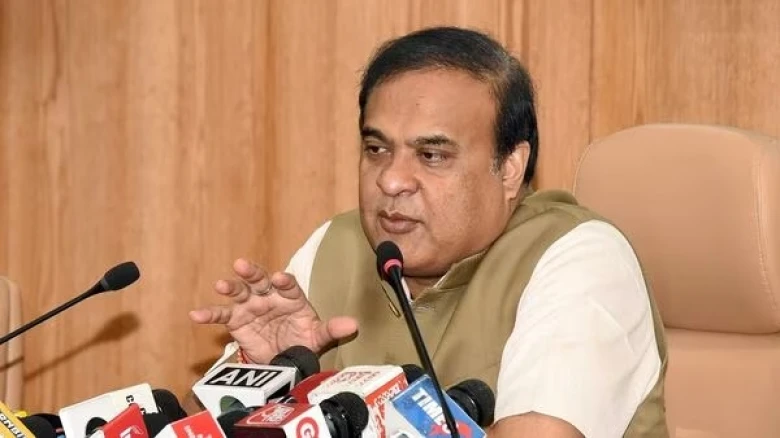Chief Minister Sarma emphasized the right to protest amid rising anti-CAA sentiments in Assam, but he also encouraged political parties to follow the Guwahati High Court judgment.....
Digital desk: Assam Chief Minister Himanta Biswa Sarma issued a strong warning on March 10, stating to de-register political parties that were advocating for a bandh against the 2019 Citizenship (Amendment) Act (CAA).
For non-Muslims who fled to India by December 31, 2014, reportedly due to religious persecution in Afghanistan, Bangladesh, or Pakistan, the CAA facilitates their naturalization process.
Chief Minister Sarma emphasized the right to protest amid rising anti-CAA sentiments in Assam, but he also encouraged political parties to follow the Guwahati High Court judgment before declaring bandhs against the CAA. The 16-party opposition bloc led by Congress was the target of the threat.
Sarma reminded political parties of the repercussions by citing a March 2019 high court ruling that declared all bandhs, including rail and road blockades, to be unlawful and unconstitutional. In order to recoup losses sustained during shutdowns, the Assam government was also ordered by the court to create a Bandh Loss Compensation Fund.
The Chief Minister cited the decision from the court and stated that political parties who disobeyed the high court ruling would face consequences from the Election Commission of India, even though he acknowledged the freedom of student bodies to announce a bandh.
Sarma cited the Illegal Migrants (Determination by Tribunals) Act as an example of how Assam has a history of going to the Supreme Court to dispute controversial laws. He emphasized the necessity of presenting any alleged mistakes in the drafting of the CAA to the highest court and said that legal action is a more effective means of addressing issues than disruptive demonstrations.
The Chief Minister made comparisons to the 2005 ruling of the Supreme Court, which invalidated the 1983-enacted IM(DT) Act. Particularly for Assam, the IM(DT) Act offered extra protections for "illegal immigrants" impacted by the Assam Agitation of 1979–1985. Sarma committed to accepting the court's decision and expressed confidence in its intervention, urging parties to take their concerns about the CAA to court.

Leave A Comment